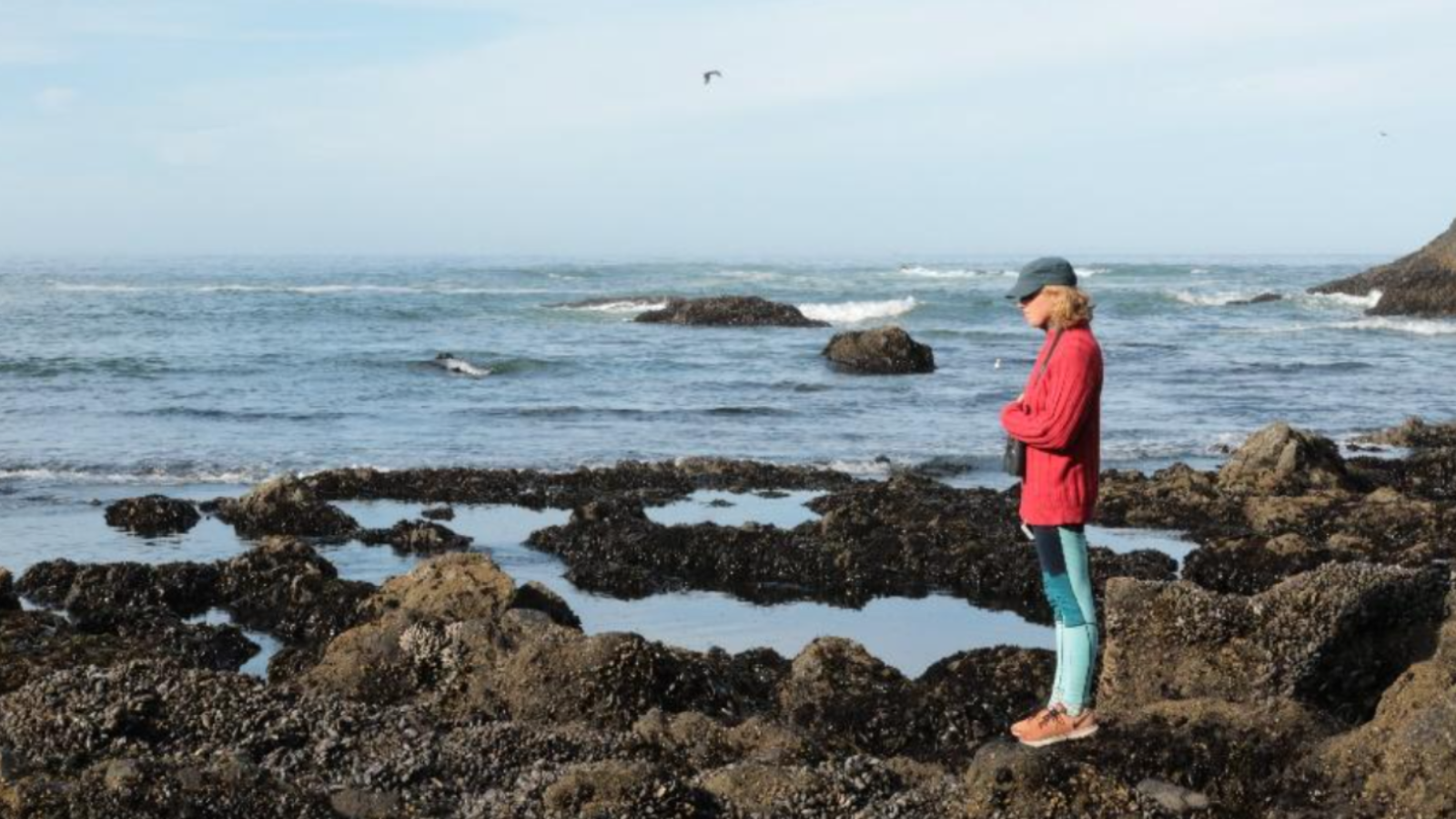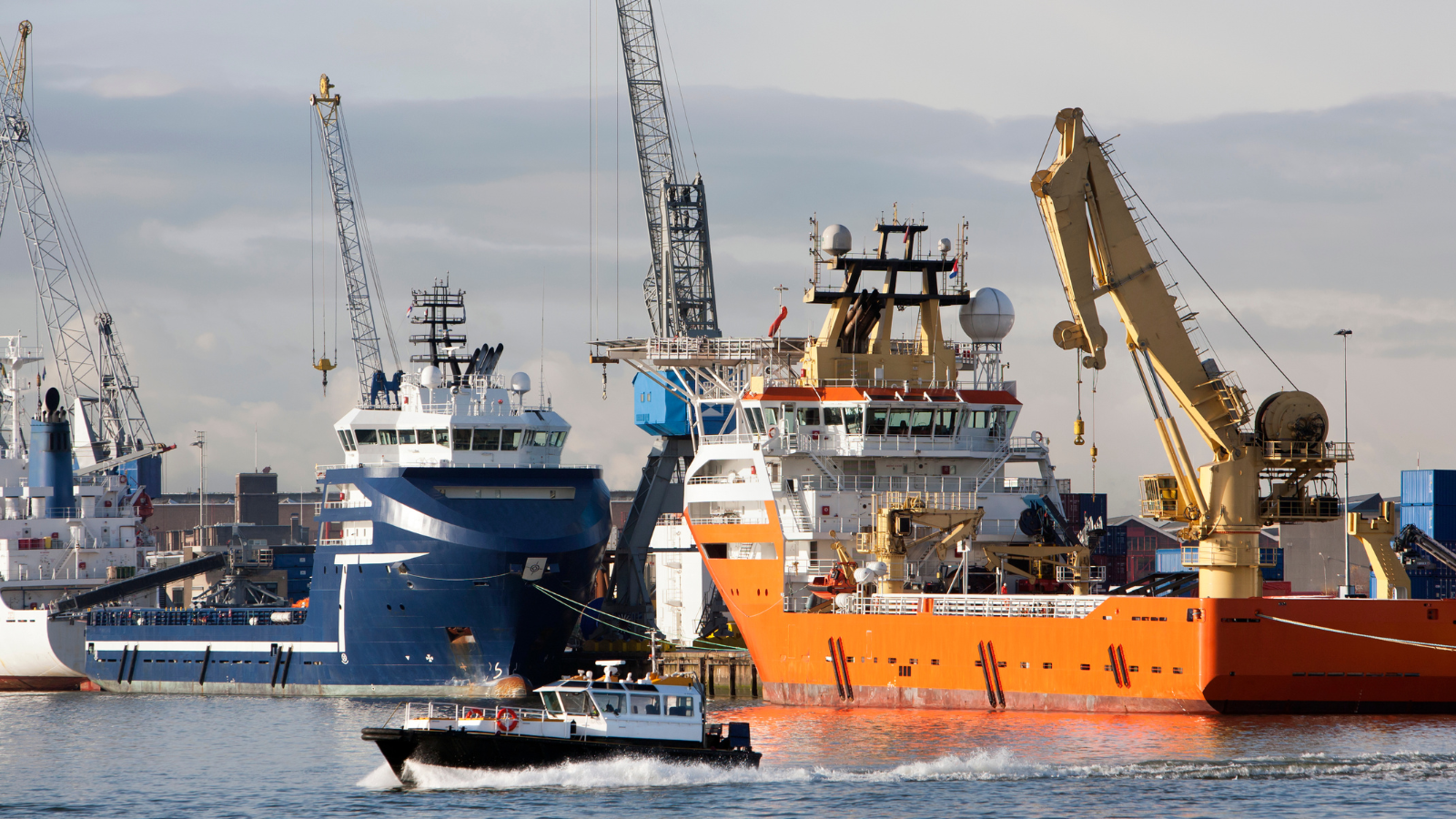SEAwise involves a team of researchers from 24 universities and research organisations across Europe. Coming from a range of backgrounds and disciplines, together they are working to build a new knowledge base for effective implementation of Ecosystem Based Fisheries Management (EBFM) in Europe. We recently spoke to a number of them about what drives them in this space, and what excites them most about their work within SEAwise!
How is EBFM important to you?
EBFM is important to me due to its potential to guide EU fisheries towards genuine sustainability, both in an environmental and social sense. As I started as a biology student, I value the scientific understanding of ecosystems and the intricate interactions between environmental factors. However, my later training as a social scientist has led me to advocate for a more socially contextualised EBFM, which includes non-academic expertise in management. This multidisciplinary approach would encompass a deeper understanding of the social systems in which EBFM is implemented and consider the impacts of management decisions on individuals and communities.
Which aspects of EBFM interest you most, and why?
I am particularly interested in the social aspects of EBFM because I find human behaviour and community dynamics fascinating. Understanding how fishers make decisions and the social structures within fishing communities is key to effective fisheries management. My work aims to shed light on the often-overlooked social dimensions of fisheries management. Understanding the fleet dynamics and why they do what they do is crucial to informing better policy in fisheries, resulting in healthier and happier ocean systems. By highlighting the social side of management, research like SEAwise contributes to a more comprehensive understanding of the challenges and opportunities within EU fisheries science and management processes.

How do you think your work in SEAwise will improve EBFM?
Through my work at SEAwise, I have looked at the Dutch pelagic fleet and their make-up. Through stakeholder interviews and extensive literature research, I have tried to map out this fleet and the social, political, economic, and ecological dynamics that go into the what/when/where of the fleet. SEAwise aims to improve EBFM by bringing the decision-making processes of fishers and the various factors influencing their behaviour to the forefront. This deeper understanding of the fisher in relation to their socio-ecological environment will form added layers for the structuring of the Agent Based Model that is part of the SEAwise project. By incorporating these social insights, EBFM can result in more effective and inclusive models.
What future work by SEAwise are you most excited by?
I am particularly interested in future work that delves deeper into the social dynamics within fishing communities and explores innovative ways to incorporate these insights into sustainable fisheries management practices. I am still at the early stage of a potential career in research, but I have really enjoyed this world of fisheries social science. To me, it is such a great field, as it combines my love for the sea with my interest in communities.

“A key highlight of my involvement in SEAwise has been the opportunity to conduct research for the first time, collaborate with a team, and contribute to a larger project. This experience has been invaluable in developing my research skills and understanding of the field”
Imme is currently a final year degree student at Wageningen University, where she is working under the supervision of SEAwise modeller and researcher Logan Binch. Imme is tailoring her studies to her interests in marine social science and resource management, and helping to contribute to SEAwise research. Following completion of her degree, she will undertake a Master’s in Sustainable Development at Utrecht University. Her current research supporting SEAwise encompasses fisheries social science, political ecology, fleet behaviour, and sustainable practices – the focus of which is on understanding the social dynamics of fisheries that influence fleet behaviour.
Our dynamic network of fisheries stakeholders is key to SEAwise’s work. We are actively seeking representatives from key management agencies, the fishing sector, NGOs and the scientific community to take part in workshops and other in-person or online knowledge-gathering activities. The shared insights and lived experiences of network members will support the development of a comprehensive understanding of the needs and priorities of a diverse range of fisheries stakeholders, and how to fulfil these.
Stay up to date with SEAwise news and research, hear about upcoming events, and receive updates on fisheries news from across the European seascape.